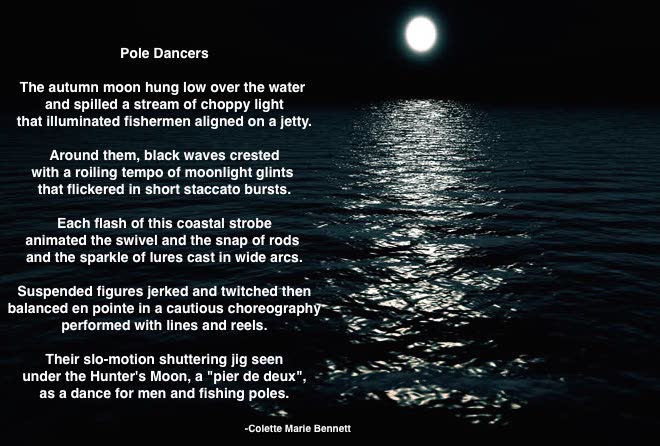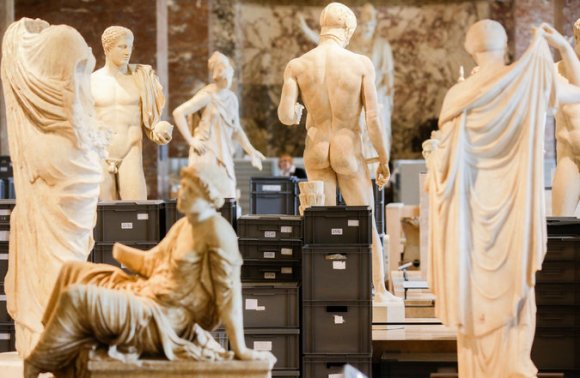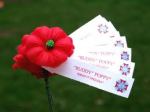If there is a new software for use in the classroom, I am likely to register for a quick trial. On occasion, I have been assigned a username and password, a combination of numbers and letters, for use during length of the trial period.
Last month, on the confirmation email, was a password that was the BEST I had ever received. It read:
“Magenta-Pilgrim-Carbon-Goat”
Such a combination of nouns was clearly a sign from the poetry gods….I needed to write a poem with these words!
Moreover, Poetry Friday is being hosted this week (on 1/5/16) by my dear friend and poet Catherine Flynn who writes on her blog Reading to the Core.
I considered what story could be told using these nouns, and I thought about the word magenta in the password. The color magenta reminded me of an incident in a local school about 15 years ago. A female student came to high school with her hair dyed a shocking bright magenta color. For this effrontery, she was immediately suspended. Of course, the incident went national, and for a brief time, the local high school was ground zero for dress code politics. Eventually, she was allowed back to school, and the school board revised the dress code.
Today, such a hair dye controversy seems very tame.
Once I knew what story I would use, I had to choose a form of poetry that could feature these four nouns. I rejected quite a few. Sestinas require six nouns for the scheme. Haikus are too short. A sonnet would not feature the words as well. Villanelles only have three rhymes.
So, I settled on a pantoum. A pantoum has a set pattern of repetitive lines:
Pantoum definition: the pattern in each stanza is where the second and fourth line of each verse is repeated as the first and third of the next. The pattern changes though for the last stanza to the first and third line are the second and fourth of the stanza above (penultimate). The last line is a repeat of the first starting line of the poem and the third line of the first is the second of the last.
In the end, I did modify the pantoum a little to fit the story…but that is poetic license!
“Magenta Agenda”
Her hand on hip stance toughens her agenda
She is no stranger to the office; not a Pilgrim.
Her gutsy toss of hair dyed bright Magenta
She counter argues charges of expulsion.
No stranger to the office; she’s no Pilgrim.
They will not use her as their scapegoat
As she challenges charges of expulsion
And argues counter to the rules they wrote.
She flatly states “I’m not your scapegoat,”
And shrugs off rules xeroxed in black carbon.
Challenges the paper charges for expulsion
She won’t back down, and she won’t bargain.
“Review your rules in lines of black ink carbon;
You’ll read no language banning bright magenta!”
Her charge is right, AND more than they had bargained.
“Revise dress code” (*they sigh*) on their next agenda.
Since no language there to ban magenta
No expulsion for hair dyed bright Magenta.
Expect a future challenge to their agenda
That hand on hip stance toughens her agenda.













